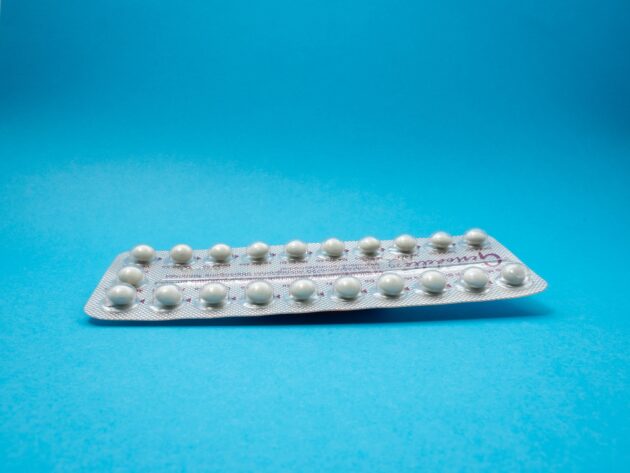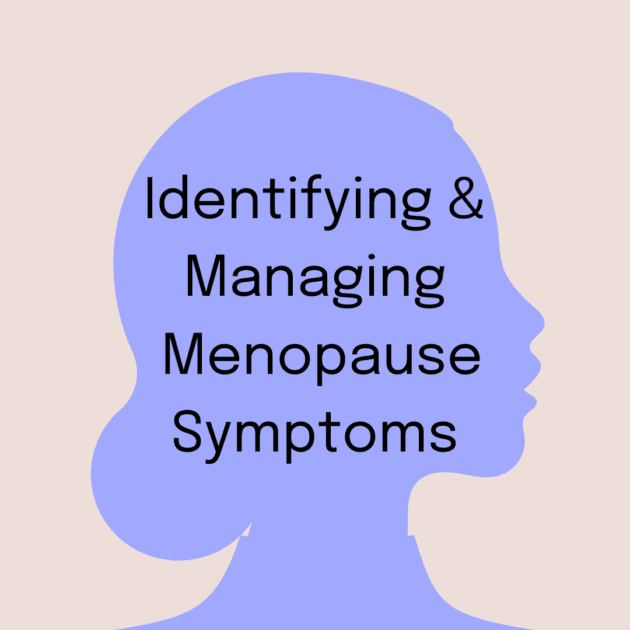

Menopause: When to Stop Contraception
The decision of when to stop contraception during menopause can vary depending on your individual circumstances and preferences. Menopause is defined as the cessation of menstruation for 12 consecutive months and is technically one day in time. It is important to understand that pregnancy can still occur during the perimenopausal transition, as ovulation can be irregular.
- If you are over 50 and your periods have naturally stopped for 12 months or more, you can usually stop contraception. This only applies if you are not using additional hormonal medication.
- If you are under 50 you can stop using contraception if your periods have naturally stopped for 2 years. Again, this advice only applies if you are not taking additional hormones or using the Mirena coil.
- At the age of 55 you can usually stop using contraception as natural conception at this time is very rare.
If you are using the combined contraceptive pill and you have withdrawal bleeds these are occurring because of these hormones rather than your own cycle. Because these methods give an ‘artificial bleed’, you are not able to tell where you are in the menopause transition or if your periods have naturally stopped.
Some women using the progesterone only pill, progesterone implant or hormone-containing coil may not have regular bleeds which can make it difficult to know when the menopause happens.
If this is the case, your doctor can carry out a blood test to check your follicle stimulating hormone (FSH) level. This blood test can be useful in helping you work out when to stop using contraception. Speak to a doctor to arrange this, and for advice on how to interpret the results. If you would like to discuss menopause or when to stop contraception with one of our menopause specialists, click here,



